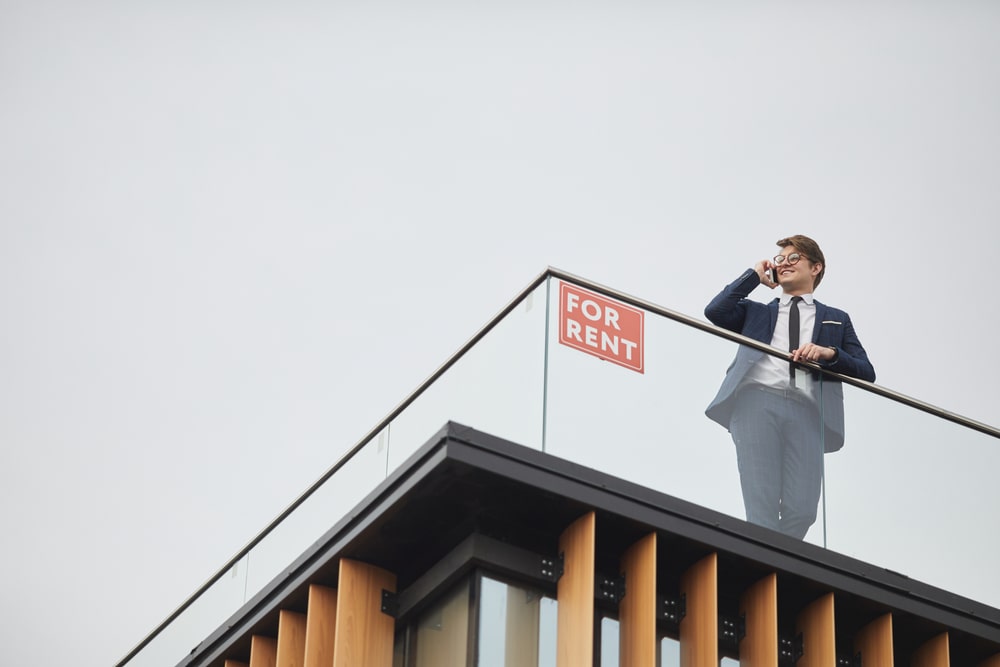Once you’ve decided to rent a commercial space, you want to hit the ground running on finding a commercial office space for rent. The process can come with many risks and worries, along with legalities and regulations to be aware of.
Talking with a lawyer, your banker, and a commercial realtor can help you avoid many common mistakes and hidden costs that can significantly impact your business. It also helps to have a general idea of how the process goes when renting a commercial space.

To get you started, we detail the typical proceedings of renting a commercial space through a real estate broker.
Initial consultation
Commercial realtors can make the renting process quicker and smoother while ensuring the space is the right match for your business. The initial consultation with a broker includes assessing your needs and the goals of your business.
Your commercial realtor will take the time to ask you questions and get to know you and your company. The initial consultation allows you to get to know your realtor and their communication style, which is crucial when finding commercial space for rent.
Starting the search
One of the advantages of having a commercial real estate broker on your side is that they are highly connected to what’s available on the market, some of which you can miss if you’re doing it on your own. Some also maintain a good working relationship with landlords and have quick access to new commercial spaces for rent as soon as they appear on the listings.
Your commercial realtor will provide you with a list of available properties that match your requirements. Once you confirm the ones you’re interested in, your broker will do the work of setting up tours with landlords or property managers.
Negotiations
Before a commercial lease is finalized, it’s usually open for negotiation. Your commercial realtor will negotiate with the landlord about costs and other incentives. Commercial real estate negotiations can be a complicated process that includes counteroffers until both parties are happy with the proposed rental agreement.
An experienced broker can negotiate terms that you may not be aware of, including a right to hold over, operator expenses, leasehold improvements, and small details such as parking limitations for company vehicles.
Signing the lease
Once all parties are happy with the deal, your lawyer will read the contract over and translate any legal jargon you need clarification with. Before signing, be sure that you understand all of the costs involved, including insurance, utilities, and maintenance. Go over the lease in fine detail with your lawyer to ensure your business is protected, and there are no surprises when you move in.
Moving into your commercial space
After the lease is signed, it’s time to plan for a smooth transition into the new workspace. Collaborate with your employees to build a schedule for moving equipment and office furniture. Account for downtime during the move, and schedule extra time to deal with any potential issues.
